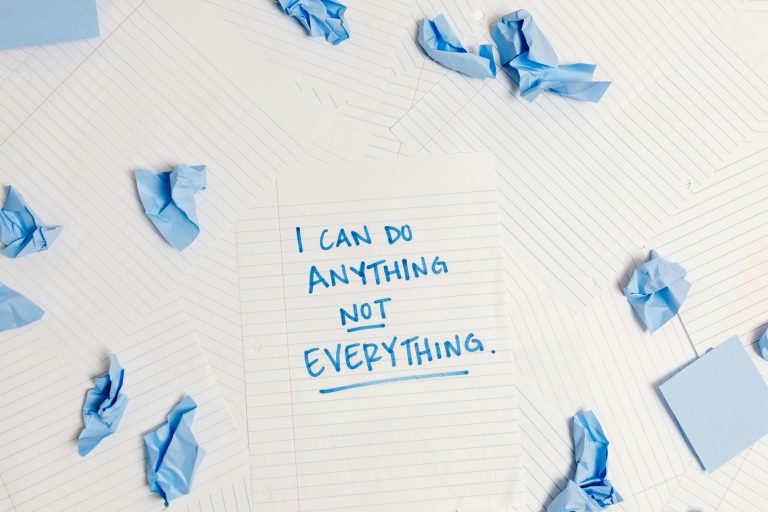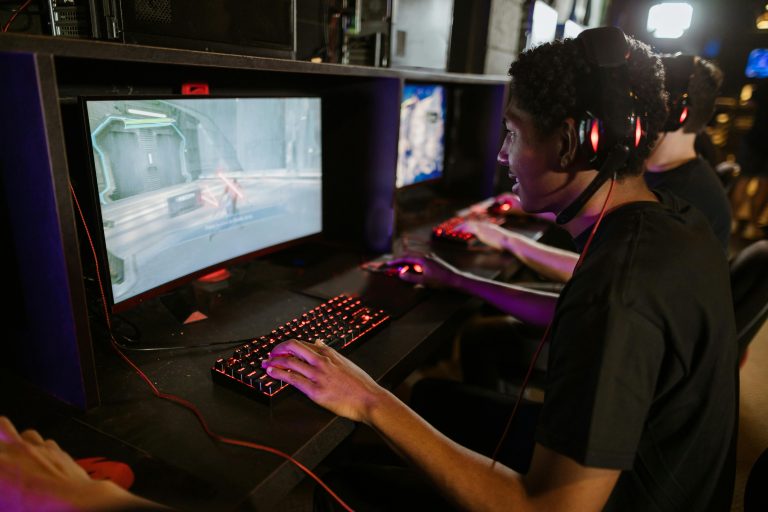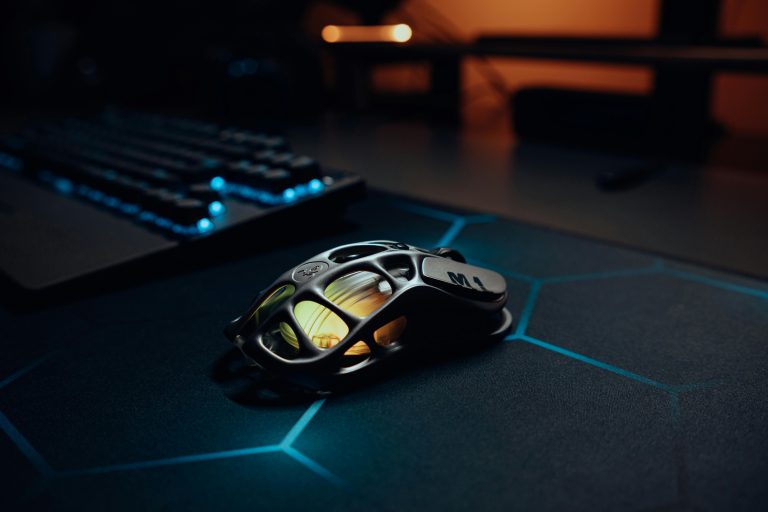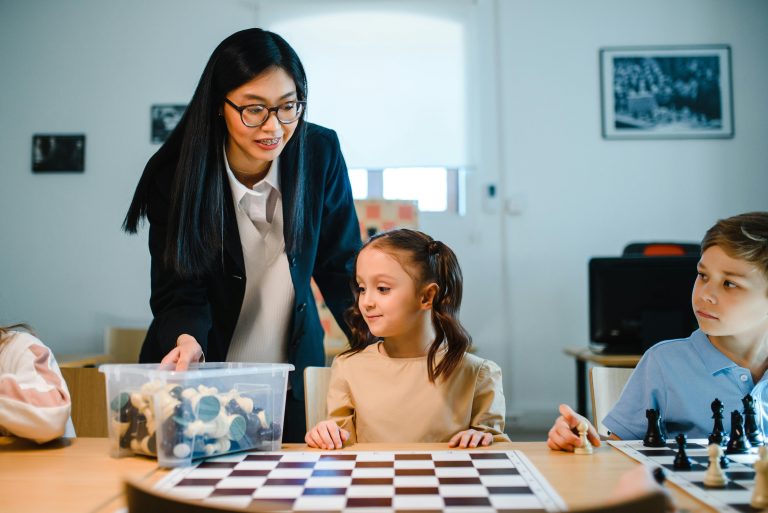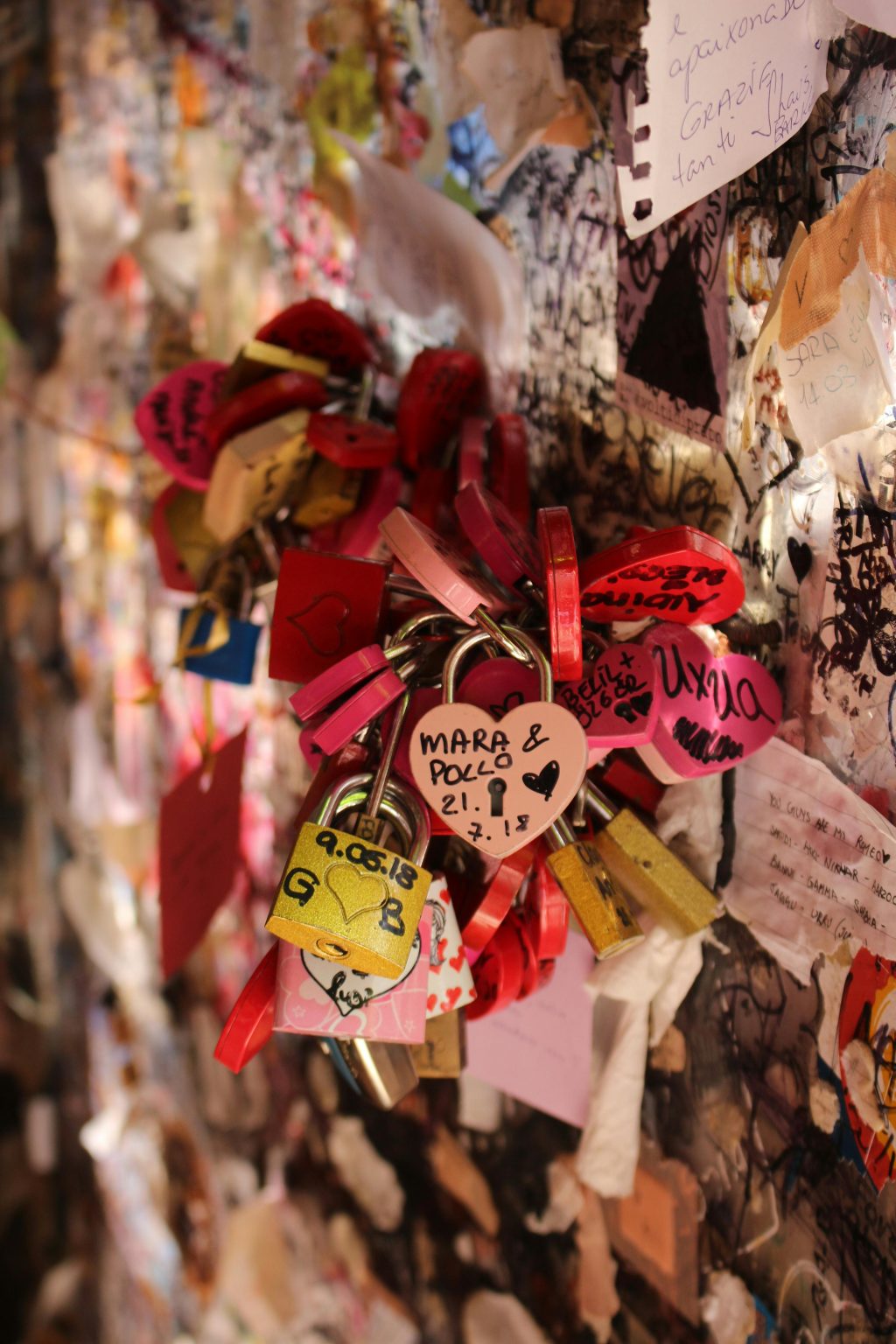
For decades, the crisp rustle of newspaper and the satisfying scratch of a pencil have been the soundtrack to morning routines for millions. The crossword puzzle, a century-old titan of logic and language, has reigned supreme as the ultimate test of vocabulary and trivia. Yet, as we move through 2025, a significant shift is underway. A growing legion of dedicated crossword enthusiasts are not abandoning their grids entirely, but they are making room for a new daily ritual: Wordle. This migration isn’t about betrayal; it’s about evolution. It’s a puzzle shift driven by a changing world and the unique, compelling advantages that a modern word game like Wordle offers.
The Allure of Accessibility and Speed
One of the most powerful forces behind the shift from crosswords to Wordle is sheer accessibility. A traditional crossword requires a physical newspaper or a dedicated puzzle app, often behind a paywall. Wordle, by contrast, is famously free and lives on a simple, ad-free website accessible from any device with a browser. There’s no app to download, no subscription to manage. This low barrier to entry means a crossword lover can get their fix anywhere, anytime—during a morning commute, on a lunch break, or in a five-minute window between meetings.
Furthermore, the time commitment is vastly different. A challenging crossword, especially a larger weekend edition, can consume an hour or more of focused effort. Wordle, with its strict six-guess limit, is designed to be a sprint, not a marathon. It delivers a concentrated burst of problem-solving satisfaction in under five minutes. In our increasingly time-poor world, this efficiency is a major draw. It provides the same cognitive engagement and “aha!” moment but in a format that respects the pace of modern life.
A Different Kind of Challenge: Logic Over Knowledge
Crosswords are a test of breadth. Success hinges on a deep well of esoteric knowledge, from archaic vocabulary and obscure geographical facts to the names of minor characters in 1940s films. This is part of their charm, but it can also be a source of frustration, leading to stalled progress and a trip to the answer key.
Wordle, on the other hand, is a pure test of logic and process of elimination. Everyone is working with the same 2,000+ common five-letter words. The challenge isn’t what you know, but how you think. The strategy of a strong opening word, the interpretation of color-coded feedback (green, yellow, gray), and the deductive reasoning required to narrow down the possibilities provide a deeply satisfying and equitable mental workout. It’s a puzzle that feels solvable through smart play alone, rather than relying on a piece of trivia you may or may not possess. This creates a more consistent and universally accessible feeling of accomplishment.
The Social Sharing Phenomenon
Perhaps the most defining feature of Wordle’s rise is its baked-in social component. After solving the puzzle, players are invited to share their results in a spoiler-free grid of colored squares. This simple feature has created a global watercooler moment. Crossword puzzles are traditionally a solitary pursuit; your victory is your own. Wordle transforms puzzle-solving into a shared experience.
Crossword enthusiasts, often part of communities both online and off, have found a new way to connect. They share their daily results with friends, family, and online groups, boasting about a quick solve in two or three tries or bonding over a frustrating near-miss. This social validation and gentle competition add a powerful new layer of enjoyment that traditional puzzles lack. It’s no longer just about beating the puzzle; it’s about being part of a conversation.
Evolution, Not Extinction
It is crucial to note that the rise of Wordle does not spell the end for crosswords. Rather, it highlights a diversification in the puzzle landscape. Many enthusiasts are not switching exclusively but are instead integrating Wordle into a broader puzzle routine. They might tackle the quick Wordle first thing in the morning and then settle into a more extensive crossword later with their coffee.
The two games satisfy different but complementary needs. The crossword remains the deep dive—a expansive, knowledge-based challenge to be savored. Wordle is the quick hit—a daily dose of logical deduction and shared culture. The crossword is a classic novel; Wordle is a perfectly crafted short story.
Conclusion: The Future of Word Puzzles
The migration of crossword lovers to Wordle is a testament to how our hobbies adapt to our lifestyles. Wordle’s genius lies in its simplicity, its accessibility, and its clever integration of social sharing. It has successfully captured the core thrill of wordplay—the struggle and subsequent triumph of finding the right word—and packaged it in a format perfectly suited for the 21st century. It respects our time, rewards our logic, and connects us with others. While the crossword will always have a revered place at the table, Wordle has pulled up a chair and started a new, vibrant conversation that millions, including seasoned puzzle veterans, are thrilled to join. The puzzle shift isn’t about replacement; it’s about expansion, welcoming a new classic into the fold.
